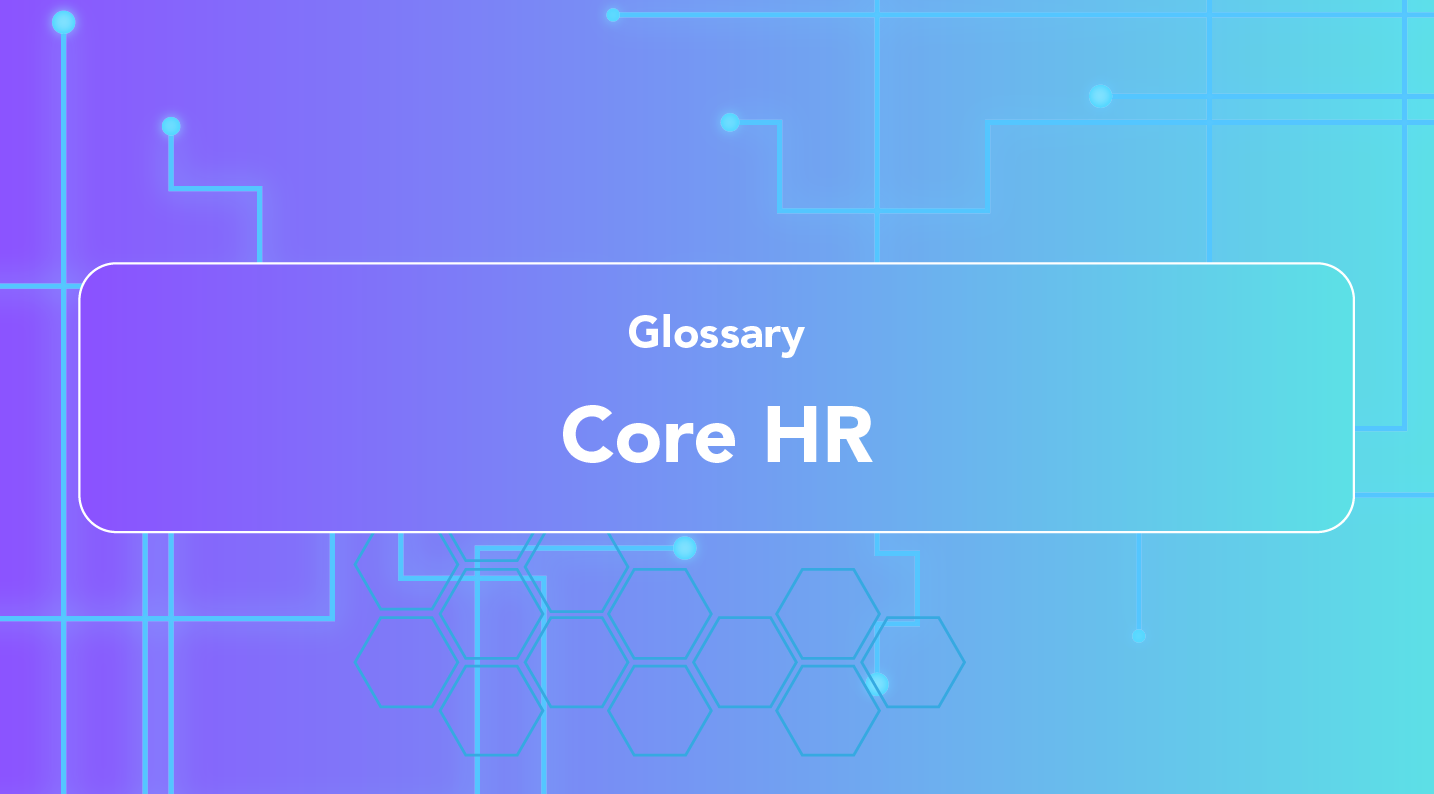- glossary
Core HR refers to the fundamental functions and activities of human resource management that are essential for managing an organization's workforce. This includes processes related to employee recruitment, onboarding, payroll management, benefits administration, performance management, and compliance with labor laws. Core HR serves as the backbone of human resource operations, ensuring that all HR-related activities are streamlined and efficient to support the overall goals of the organization.
Key Components
- Recruitment and Staffing: The process of attracting, screening, and selecting qualified candidates for job openings. This includes job postings, interviews, and onboarding procedures.
- Employee Onboarding: The integration of new employees into the organization, encompassing orientation sessions, training programs, and the provision of necessary resources to help them acclimate to their roles.
- Payroll Management: The administration of employee compensation, including salary calculations, tax deductions, and timely payments. This function ensures compliance with tax laws and labor regulations.
- Benefits Administration: The management of employee benefits programs, such as health insurance, retirement plans, and paid time off. HR is responsible for communicating benefits options and ensuring employees understand their entitlements.
- Performance Management: The systematic evaluation of employee performance through goal setting, feedback, and performance appraisals. This process aims to enhance individual and organizational performance.
- Compliance and Recordkeeping: Ensuring adherence to labor laws, regulations, and internal policies. This includes maintaining accurate employee records and ensuring that the organization complies with legal standards related to employment practices.
Importance
Core HR functions are critical for maintaining workforce effectiveness and ensuring that HR policies align with organizational goals. They enable HR professionals to create a supportive work environment, enhance employee engagement, and foster a culture of continuous improvement. Efficient core HR processes contribute to higher employee satisfaction, reduced turnover, and improved organizational performance.
Examples
- Recruitment: An organization implements an Applicant Tracking System (ATS) to streamline the recruitment process, allowing for better candidate management and improved hiring efficiency.
- Payroll Management: A company automates its payroll processing through software solutions, reducing errors and ensuring employees are paid accurately and on time.
- Performance Management: HR introduces a performance appraisal system that incorporates 360-degree feedback, enabling employees to receive comprehensive evaluations from peers, supervisors, and subordinates.

.png?width=50&height=50&name=Team%20HONO%20logo-01%20(1).png)



